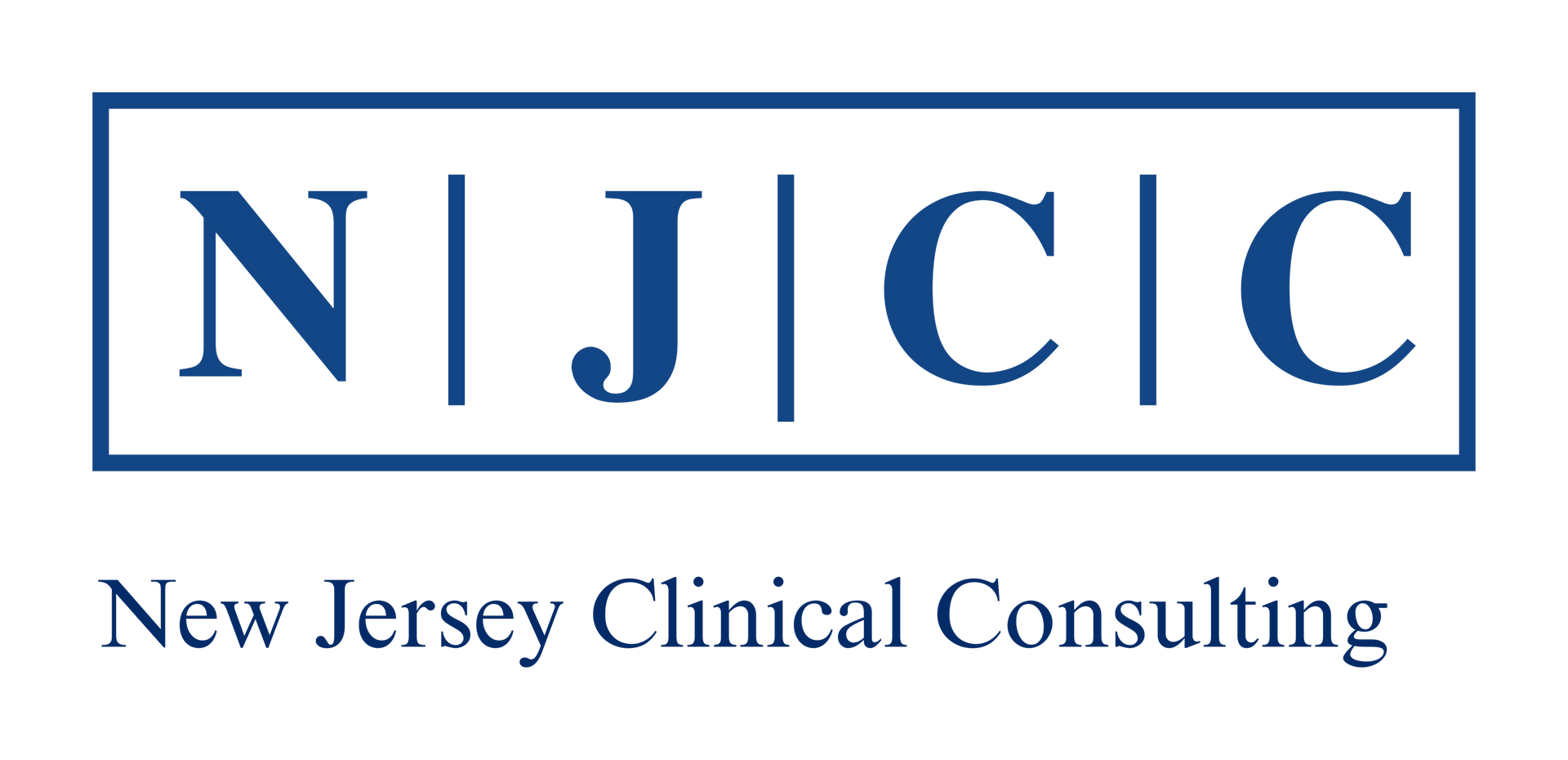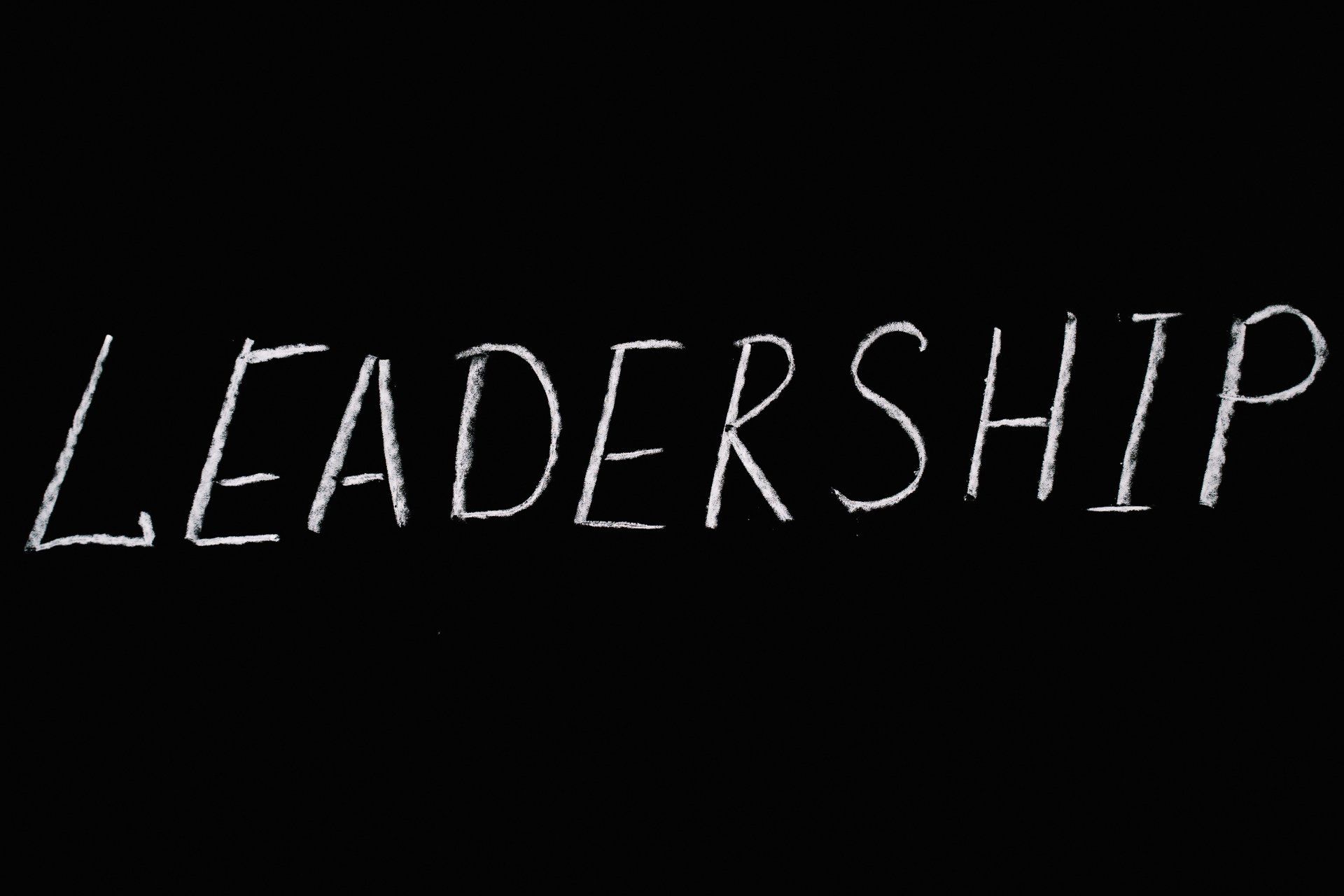Are you a leader or an executive in the making, yearning to leave an indelible mark on your organization and team?
There's a misconception that leadership is about flexing authority, but the truth is far more profound and human. Effective leadership is about influence, inspiration, and innovation - it's about becoming a force of nature that others will follow, not out of obligation, but from a place of respect and admiration.
To gain a deeper understanding of the critical traits and qualities, let's delve into executive leadership trends and traits for the modern age.
Emotional Intelligence (EQ)
The number one trait of successful leaders today isn't a high IQ. It's high EQ - Emotional Intelligence. Research from the World Economic Forum states that emotional intelligence will be among the most needed skills in the workplace by 2025.
Why? Because leaders with high EQ foster healthier work environments. They understand and manage their emotions, as well as empathize with those of their team members. They use these emotional insights to guide their actions and decisions, fostering a more harmonious, efficient work environment.
As Daniel Goleman once said, "Emotional intelligence accounts for 80% of career success." In a volatile, uncertain, complex, and ambiguous world, leaders with high EQ are the ones who will keep their teams motivated, engaged, and unified.
Agility
In today's fast-paced business world, agility is not an option but a requirement for survival. The pandemic demonstrated the need for leaders who can quickly adapt to change and guide their teams accordingly.
McKinsey reports that agile organizations are five times more likely to have a high-performance culture. Agile leaders embrace change, anticipate trends, and pivot as needed. They foster a culture of continuous learning and flexibility.
Ethical Leadership
Inclusive Leadership
According to a study by McKinsey, companies in the top quartile for gender diversity on executive teams were 25% more likely to have above-average profitability than companies in the fourth quartile. Diversity is not just good ethics—it’s good business.
Inclusive leaders create an environment where diverse voices and perspectives are valued and heard. They cultivate a culture where everyone feels they belong and can contribute their best work. Inclusion is about recognizing, appreciating, and leveraging the diverse thoughts and experiences within your team.
Visionary Leadership
As the adage goes, "If you don't know where you're going, any road will get you there." Visionary leaders know where they're going. They have a compelling vision of the future and inspire their team to reach for that horizon.
Leadership expert John C. Maxwell puts it aptly, "A great leader’s courage to fulfill his vision comes from passion, not position." Visionary leaders cultivate this passion, align their teams towards shared goals, and consistently communicate the vision to keep everyone motivated.
Resilience
Resilience, the capacity to recover quickly from difficulties, is a defining characteristic of successful leaders. In a Korn Ferry survey, 45% of executives identified resilience as the most critical leadership trait post-COVID. Leaders with resilience see challenges as stepping stones, not roadblocks. They cultivate a mindset of growth and instill the same in their teams.
In summation, from Peter Drucker, "The only definition of a leader is someone who has followers." As an executive leader, your most significant impact lies not in your personal achievements but in the people you inspire, influence, and guide towards shared success.
As we move further into the 21st century, embrace these traits - emotional intelligence, agility, ethical and inclusive leadership, visionary thinking, and resilience. By doing so, you will not only enhance your leadership capabilities but also make a significant, positive impact on those who follow you.
Remember, leadership is not a destination but a journey of constant growth, self-improvement, and adaptation. Keep learning, keep evolving, and keep inspiring.







